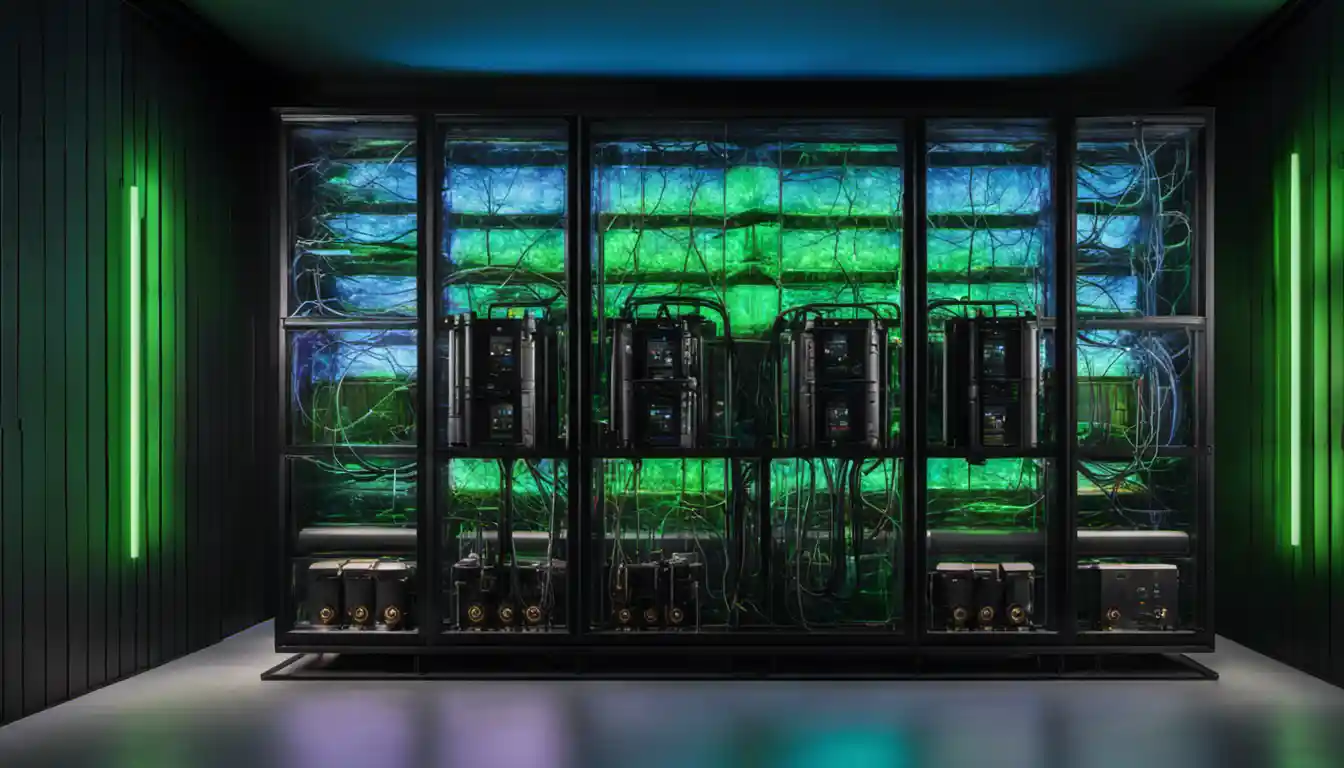Introduction to Solar Batteries
Solar battery storage has numerous advantages, including reduced dependency on the grid, lower electricity bills, and the potential for a renewable and sustainable energy source. However, there are also a few downsides, such as the high initial purchase and installation costs, the need for enough space for installation, and the efficiency of the system can be impacted by weather conditions and time of year.
What Are Solar Batteries?
Solar batteries are essentially a storage solution for the energy harnessed by solar panels. Whenever your solar panels produce more energy than your home is using, instead of sending it back to the grid, this excess energy is stored in your solar battery. The stored energy can later be used during power outages, or during peak time when electricity costs are high.
How Do Solar Batteries Work?
A simple analogy to understand how solar batteries work is to think of them as a bank. If you’re making ‘deposits’ (putting energy into the batteries) when you have excess power but not ‘withdrawing’ (using that energy), you accumulate a reservoir of power to tap into later. Check out our in-depth article here to learn more about how these energy-saving devices work.
The Pros of Solar Battery Storage
So “what are the benefits of a solar battery?” Let’s dive in.
Energy Independence
One of the biggest pros of having solar battery storage is the ability to become energy independent. Solar batteries offer homeowners the ability to reduce their reliance on the power grid. This can be particularly useful in areas that frequently experience power outages.
Electric Bill Savings

Who doesn’t enjoy saving money? By using the stored solar energy during peak hours when electricity rates are highest, you can cut down your energy bill significantly.
Reduce Carbon Footprint
Solar batteries allow homeowners to use 100% renewable energy. By maximizing the usage of the energy your solar panels produce, you can reduce your home’s reliance on fossil fuel-based power. This is an incredible way to reduce your carbon footprint and live a more eco-friendly lifestyle.
The Cons of Solar Battery Storage
While the pros are promising, it’s equally important to understand the disadvantages of a solar battery.
High Upfront Costs
Perhaps, one of the main cons of solar battery storage is the initial costs. Solar battery systems can be quite expensive to install – sometimes even more than the solar panels themselves!
Maintenance Requirements
Like any other piece of technology, solar batteries require proper maintenance to ensure they are working optimally. This could include routine checks and replacing certain parts over time, which could add to overall costs.
Limited Capacity

Solar batteries have a limit to how much power they can store. This can be a problem during periods of low sunlight or during high energy demands in the households.
Understanding Differences in Solar Battery Types
Different homeowners may prefer different types of batteries due to cost, efficiency, and personal preferences. Let’s look at the most popular ones:
Lead-Acid
Known for their longevity and their ability to deliver a high surge of power, these are commonly used for solar storage. However, they are bulky and have lower energy density compared to other types.
Lithium-Ion
These are favored for their high energy density and low discharge rate. They are light, compact, and can hold more energy than all the others, but they can be relatively more expensive.
Nickel-Cadmium
These are low maintenance and durable, however, they contain toxic heavy metals which can be environmentally harmful if disposed of poorly.
Flow

Flow batteries have a longer lifespan and are special because they are directly scalable. The amount of energy they can hold depends directly on the amount of liquid stored. However, these are larger units compared with other types.
Factors to Consider in Selecting a Solar Battery
Selecting the right solar battery depends on several factors. Your choice will have implications for battery life, cost, depth of discharge, efficiency, warranty and other aspects.
Grid Tie vs. Off-Grid Solar Battery System: Which is Right for You?
The choice between a grid-tie and off-grid solar battery system primarily depends on your goal. Are you looking to just lower your energy bills or completely get off the grid? Weighing the pros and cons of solar battery storage can help make this decision easier.
FAQ: Common Queries about Solar Battery
We’ve compiled some frequently asked questions about solar batteries to help you make an informed decision.
Conclusion: Balancing The Pros and Cons
While solar batteries have their pros and cons, one thing is certain: the future of energy is heading towards a more sustainable and renewable direction. Being informed about the benefits and potential drawbacks is a first step towards making the right choice for your home. Whether the high upfront costs and maintenance requirements outweigh the potential for massive energy bill savings and a reduced carbon footprint will largely depend on your individual circumstance, your energy use and your long-term plans for your home.



